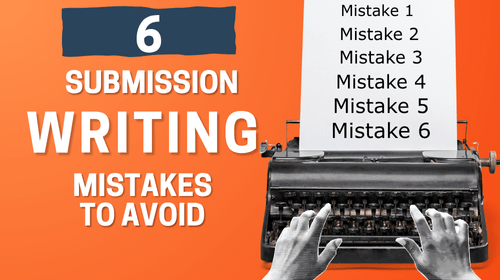2 minute read time
Mistake 1: Missing the Mark
Many writers miss the point of the question. They might start well, but then go off on a tangent. For example, if the question is about project capacity, they might focus on human resources instead of skills and infrastructure. To avoid this, carefully analyse the question. Understand all parts, the context, the subject, and the action words (describe, explain, etc.).
Mistake 2: Irrelevant Information
Sometimes, submissions include information not directly related to the question. This is a problem, especially with word or character limits. Be critical! Remove anything unnecessary. Strengthening information is okay, but only if it directly supports your answer.
Mistake 3: Incomplete Answers
Many submissions only address part of a multi-part question. This is a big mistake. If a question has four parts, each part is worth points. Missing even one part significantly reduces your score. Break down the question into its components and answer each one thoroughly.
Use The Grant Answer Map ™ (developed by our CEO, Natalie), to help you plan your answers. If you’d like to know more about this, sign up for the free grant writing 101 course: https://winthegrantortender.com.au/introduction-to-grant-writing/
Mistake 4: Unsupported Statements
Unsubstantiated claims weaken your submission. Use evidence. Back up your statements with statistics, research, or relevant context. Think: “How can I prove this is true?” Justifying your claims builds trust with the assessor.
Mistake 5: Confusing Writing
A confusing submission is a lost opportunity. Ensure your writing is clear and logical. Use tables, bullet points, or subheadings to improve readability. Check the logical flow. Does your response follow the question’s logic? A quick read-through by someone unfamiliar with your project can help identify confusing parts.
Mistake 6: Jargon Overload
Using too much jargon or acronyms can confuse the reader. Unless you know your audience is familiar with your industry’s specific terminology, stick to plain English. If you must use jargon, define it clearly. Remember, clear communication is key!
Summary
Avoiding these six common mistakes will significantly improve your submissions. Remember to analyse the question, focus on relevant information, answer all parts completely, support your statements with evidence, write clearly and logically, and use plain English.
Did you know, we offer a ‘Grant or Tender Application Review‘ service if you would like to have a grant writing expert take a final look at your application.

